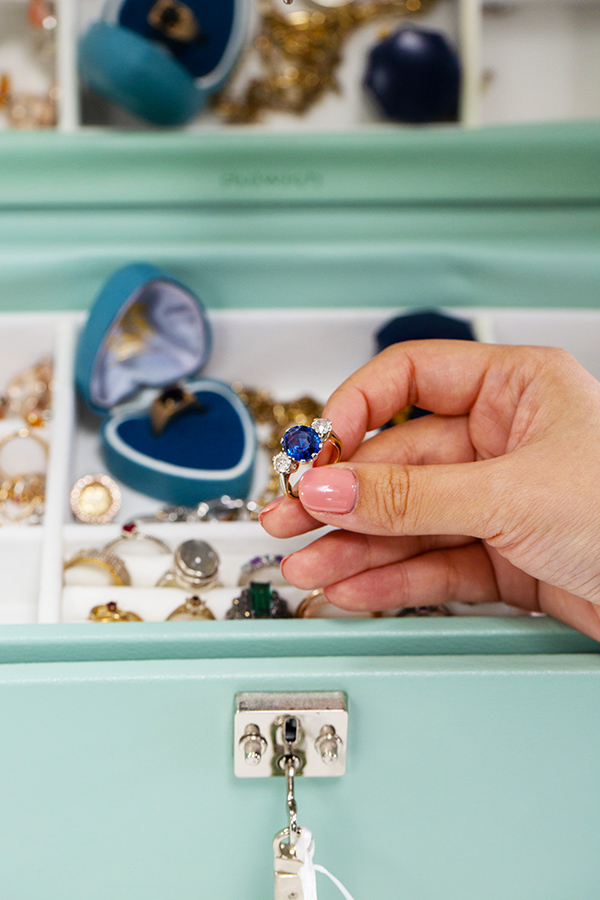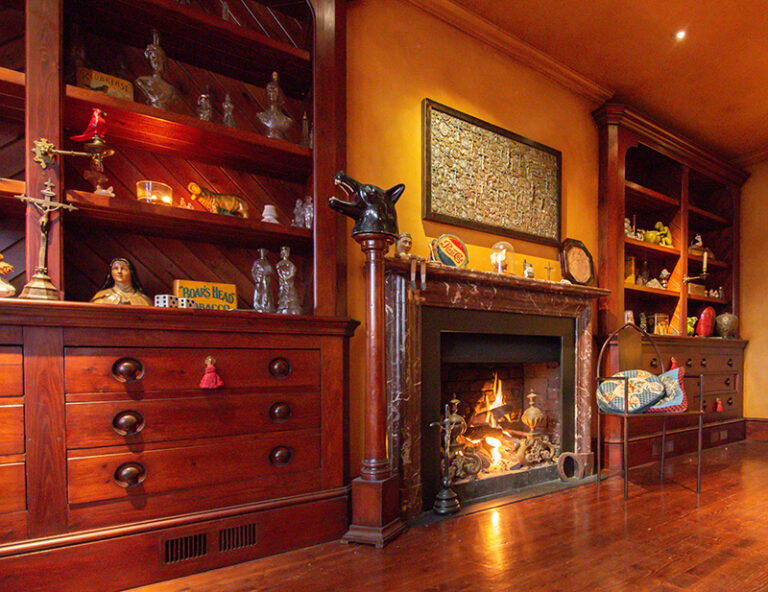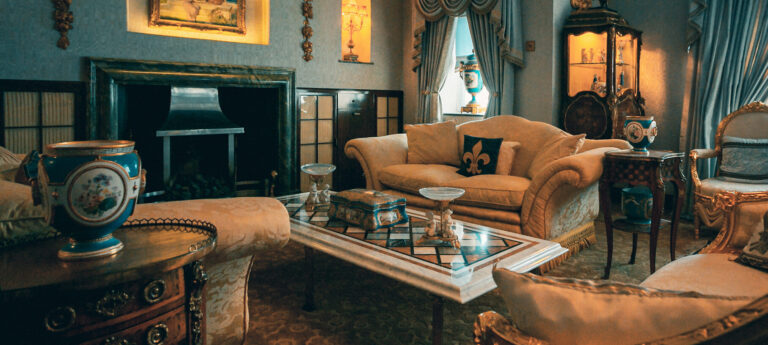Jewellery is often passed down through families and onto loved ones. Due to the size and nature of these pieces, they can often have hidden value and be overlooked. HMRC will always scrutinize declarations very carefully, they will have access to the bank accounts of the deceased and therefore the ability to be aware of any significant purchases of jewellery over the years. This makes the task of obtaining an accurate probate valuation and the assistance of an expert in the field essential.
It is worth noting that in the UK, any items gifted to someone within seven years of the deceased passing away will need to be included in their estate. The executor will be responsible for tracking these down and ensuring an accurate value is declared, jewellery is one of the recurrent offenders.
Consulting with a jewellery expert who has experience and knowledge in this type of valuation will be necessary. Several factors will be taken into consideration, including the age, the nature of the piece, the design, metal content, gemstones, weight, and overall condition.
Antique jewellery, considered to be at least 100 years old, will be assessed for its historical and artistic value as well as the factors mentioned above. The period design of pieces can greatly impact its worth, as certain eras and styles are highly sought after by collectors and enthusiasts alike. The nature of the jewellery can influence the value, for example brooches are far less in demand than they once were, which will affect the market value. Jewellery accompanied by the original boxes will also benefit from a more generous valuation. If a piece is signed, and indeed who that jeweller is, can also play a role in the valuation – for instance, a signed Cartier or Van Cleef & Arpels Art Deco piece will be worth far more than an unsigned similar piece from the same period.
Additionally, the materials used will also affect the value. Precious metal content such as gold, silver, platinum, or palladium and the respective weight, can significantly affect the overall appraisal. Not all precious metals will have hallmarks, and this is where an expert eye and specialist testing will be needed to determine the content.
The presence of diamonds or gems in the jewellery further adds to the value. The type of stones - diamond, ruby, emerald, sapphire, aquamarine, tourmaline, topaz, etc; the origin – natural, synthetic or imitation; the quality; the cut – old cut, modern cut, poorly cut; the clarity – no inclusions (clarity characteristics) to heavily included, as well as the nature of inclusions; the colour – the intensity and distribution; the size; the treatment – not treated, heat treated, oiled, fracture filled, etc; and the rarity of these stones, will all play a vital role in determining their worth during probate valuation. An untreated Ceylon sapphire pendant weighing just one carat could potentially be far more valuable than a larger diamond with heavy inclusions and tinted colour. Indeed, a fancy pink diamond could be worth more than a pure white diamond of similar size. An expert appraiser will hold the necessary gemmological qualifications to be able to assess these features in detail.
Costume jewellery is often dismissed as not valuable, but there are a number of vintage examples that are in demand and command impressive prices. An expert appraiser will be able to separate the low to no value jewels from the more trendy and valuable pieces. Popular designers include Miriam Haskell, Chanel, Lea Stein, Harrice Simons Miller, Trifari, Stanley Hagler, Fred A. Block, Karl Lagerfeld and many more.
The condition of the pieces will be taken into consideration, whilst a Victorian opal necklace could be potentially valuable, if there are opals missing or cracked, this will negatively affect the value. Evidence of a significant provenance will also be considered during the valuation. Pieces once owned by someone famous or even royalty, will carry added value.
Whether jewellery items are going to be kept, sold, or given away, a probate valuation is required. It is essential to consult with professional appraisers who have expertise in assessing these specific factors accurately. Their knowledge and experience will ensure that all pieces of value are identified, and an accurate valuation is provided for legal and financial purposes related to probate matters.
Do you have any jewellery that needs to be valued for probate purposes?
Dawsons have an expert team of Probate Valuers who can help provide an accurate appraisal.
Please get in touch today, we would be delighted to hear from you.



